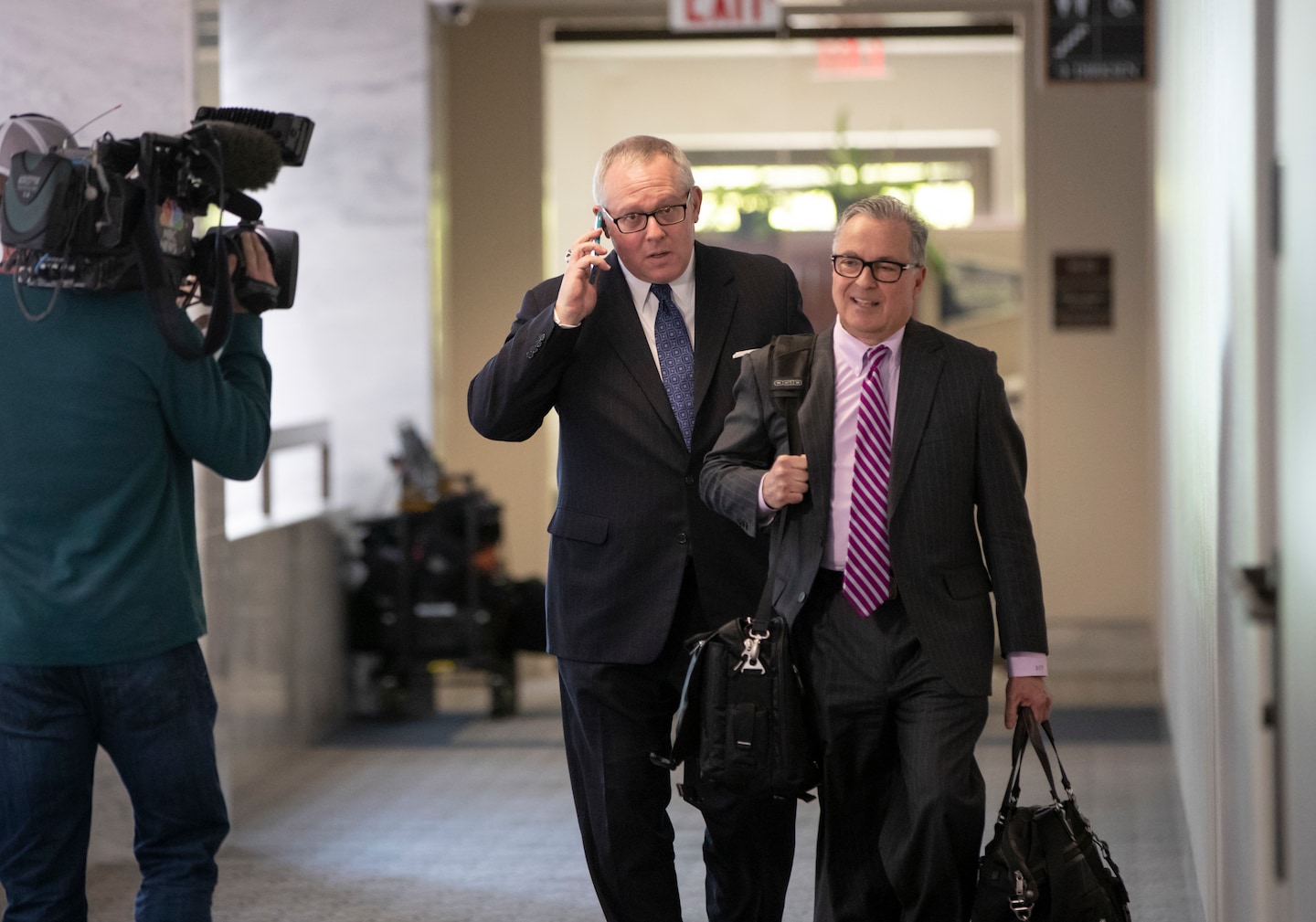The Trump administration’s politicization of coronavirus comes to a head

But the simultaneous departure of Caputo’s top aide may be just as big — at least, it’s the more direct admission of the how political aides have overstepped in the administration’s coronavirus response.
Alongside news of Caputo’s hiatus came word that his deputy, Paul Alexander, would permanently leave. Alexander has run into controversy in recent days for pressuring scientists at the Centers for Disease Control and Prevention
Alexander in one case wrote an email to CDC Director Robert G. Redfield calling the CDC reports — known as Morbidity and Mortality Weekly Reports, or MMWRs — “hit pieces on the administration.” “Very misleading by CDC and shame on them,” Alexander said of one report on children’s ability to spread the virus, which came as Trump was pushing to reopen schools. “Their aim is clear.”
Alexander also asked for an extraordinary amount of control over the reports, asking that he personally be allowed to review them before publication and even make edits to them. In two cases, key reports were delayed, with officials suggesting their timing was for political reasons.
Caputo had defended Alexander’s work as merely providing input and noted that this advice was often not heeded. But he also lent credence to Alexander’s allegations that the CDC was trying to harm the president and suggested his objections had merit.
“Most often, the MMWRs are [issued] for purely scientific reasons,” Caputo said Saturday. “But in an election year, and in the time of covid-19, it’s no longer unanimously scientific. There’s political content.”
Caputo added: “Whenever they come out with that list, there’s concern across [HHS] that some of the scholarship has been tainted by politics. That’s my opinion.”
Caputo’s hiatus is easy to chalk up to his incendiary comments about armed conflict after the election (though those should hardly be any surprise given some of the Roger Stone acolyte’s demonstrated history of vulgar, sexist, culturally derogatory and extreme rhetoric) and perhaps less so for deriding government scientists for “sedition.” But Alexander’s departure so soon after these revelations suggests his specific actions on the coronavirus were a bridge too far.
This is hardly the first example of such a thing, as I detailed earlier this week. Trump himself has leaned on health officials to approve unproven treatments, for example, and his pressure recently preceded Food and Drug Administration Commissioner Stephen M. Hahn apologizing for misstating statistics while helping Trump hype the promise of convalescent plasma.
Hahn’s comments — and his later apology — affirmed the idea that politics was seeping into the work of health officials who are supposed to be above playing that game. And now Alexander’s departure adds to the affirmation.






